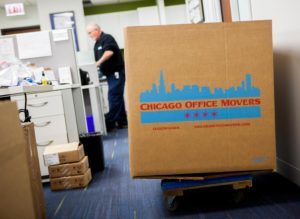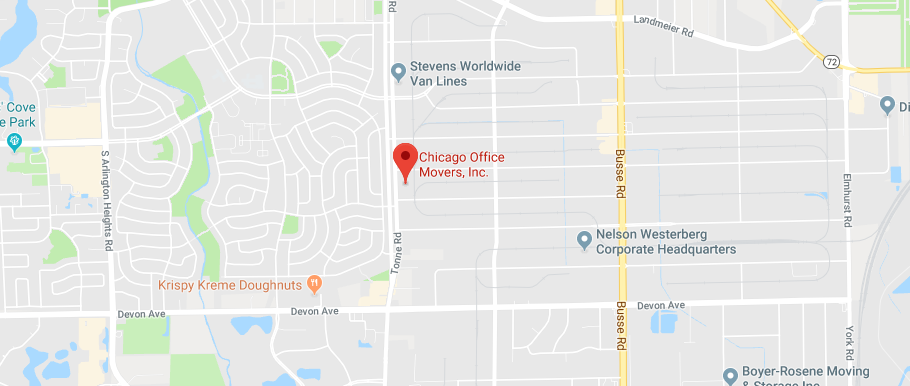
Ideal Chicago Neighborhoods for Young Professionals
Ideal Chicago Neighborhoods for Young Professionals
Written by Chicago Office Movers on . Posted in City Profiles

Young professionals consider moving to Chicago for access to the 500 Fortune corporations, tech startups, and smaller companies. The city’s vibrant nightlife and opportunities to mingle are also major draws.
If you are a young professional looking for the perfect place to call home in Chicago, look no further. The Windy City offers several neighborhoods that singles and young adults can call home. In this article, we will explore some of the ideal neighborhoods that cater to the needs and preferences of young professionals, helping you make an informed decision for your next move.
What makes a Chicago neighborhood ideal?
In order for Chicago’s urban neighborhoods to make this list, they must meet the criteria for catering to young professionals. Areas must be transit-friendly, with buses and trains. The walkability factor is a high priority for young adults who must walk to public transportation stops and nearby shops.
The number of diverse restaurants, bars, and cafes are important social aspects in the lives of young professionals. Grocery stores and retail stores, where people shop frequently, should be in close proximity. Parks and places for recreational activities should also be nearby.
1. River North
River North housing is abundant, with luxury complexes and high rises turned into apartments. Unwinding after a long workday, young professionals head to the various high-end dining venues with colleagues. Or spend the weekends shopping at the neighborhood’s many upscale stores.
If art galleries hit the spot, the River North Gallery District has plenty to offer. The House of Blues at the landmark Marina City is where young folks flock to for musical entertainment. Additional hot spots include Joy District and The Hampton Social.
River North is pedestrian friendly, with an impressive score of 6.3. At least one grocery store is within a few minutes’ walk, giving River North a shopping score of 7.4. Young professionals who aim to settle down find the high scores for nearby elementary schools appealing.
2. Chicago Loop
The Chicago Loop median monthly rent is $1,699. Home prices average $331,150. Whether buying or renting, residences are located close to recreational hot spots, like Millennium Park, Chicago River, Grant Park, and Lake Michigan. The amount of natural park space receives a notable 9.4 score.
The Loop is a central location in downtown Chicago, offering educational opportunities at nearby Columbia College and East-West University. The headquarters of top corporations, such as GrubHub, Blue Cross Blue Shield, and Baird Private Wealth Management, are also located here.
Transit-friendly, with frequent bus lines and rapid transit, the Loop receives a public transportation score of 9.9. Dine on sushi, cinnamon rolls, or French toast at any of the Loop’s diverse restaurants located right on the street—giving this prime neighborhood a restaurant score of 9.6.
3. Lincoln Park
Less than two miles from the Loop is Lincoln Park, another ideal Chicago neighborhood for young professionals. Driving a car is unnecessary when residents travel to other city locations on the neighborhood’s two L stations or the many available CTA buses.
Home prices are slightly higher in Lincoln Park, with $508,008 being the median. Apartments can be rented for $1,508 per month. College students and university staff alike find this neighborhood to be an ideal place to live, as DePaul University and Knox College are located here.
Opportunities for arts and culture abound in Lincoln Park. Steppenwolf Theatre and The Second City entertain residents, while the Chicago History Museum opens the eyes of history-lovers. Lounge on the beach or dip in the cool waters of Lake Michigan at Lincoln Park’s North Avenue Beach.

4. Streeterville
Streeterville is home to Navy Pier as well as the John Hancock Center and the Museum of Contemporary Art. Situated in the Near North Side community of the city, Streeterville offers its residents high rise living and access to medical centers. Hotels are nearby to accommodate guests.
Ambitious young professionals prize the many educational opportunities available in this upscale neighborhood. The Kellogg School of Management and Northwestern University School of Professional Studies are located here. The frequent bus lines take residents to their destinations, thereby giving Streeterville a high transit-friendly score of 9.7.
5. Ukrainian Village
Median home prices in the Ukrainian Village are $407,865, while renting averages $1,335 monthly. CTA lines transport residents to their Chicago offices, schools or other places of interest, like restaurants. Grab a Chicago hot dog, chorizo, or a range of ethnic and signature Chicago dishes here.
Young entrepreneurs find the Ukrainian Village an ideal place to call home, due to the many quaint bookstores, antique shops, and indie music venues. The International School of Comics is located here, giving young professionals convenient access to programs in the visual arts and the humanities.
These five Chicago neighborhoods are by no means the only places in which young professionals thrive. Additional areas include Bucktown, bustling Logan Square, which attracts residents with its bohemian vibe, and the upscale Gold Coast, which is comparable to Manhattan’s Upper East Side.
Young professionals eager to make their mark or climb the career ladder have plenty of opportunities to do so in any of these ideal Chicago neighborhoods. When their company relocates to the Windy City, a trustworthy commercial mover, like Chicago Office Movers, is necessary.
Our reputable moving service helps countless local businesses and universities relocate to greener pastures. Among our most-recognizable customers are Alcatel Lucent and Northwestern University. When you work with us, you’ll join the ranks of the many satisfied corporations we’ve moved.
Crews at Chicago Office Movers are top-notch, being experienced, licensed, and background checked. Your valuable office possessions remain secure and in good hands. Our trucks are equipped with air-ride suspensions, lift gates, and climate-controlled spaces to further safeguard all fragile items.
Your upcoming office move requires advanced planning. Our move specialists lend their expertise to help plan your corporate relocation and ensure it runs smoothly. We also offer conveniences, like short- and long-term storage options, insurance and service contracts, and add-on services.
Chicago Office Movers is the preferred choice for local, long-distance, or international relocations. Our budget-friendly office moving services are tailored to meet your unique business needs, which is why companies choose us for their corporate move.
Call our Chicago, Illinois, location at 312-244-2246 (CHI-CAGO) or fill out a form for a free estimate.
Contact Us
Related Services
- Corporate Moving
- Commercial Moving
- Reliable Commercial Storage
- Specialty Commercial Moving
- Furniture Assembly
- Movers for Office Renovation
- Machinery Moving
- Library Moving
- Lab Moving
- Server Room Moving
- Office Movers in Rosemont, IL
- Commercial Moving in Bolingbrook, IL
- Commercial Movers in Naperville, IL
- Commercial Movers in Des Plaines, IL
- Commercial Moving Services in Aurora, IL
- Schaumburg Office Movers
- Commercial Moving Services in Oakbrook, IL
- Commercial Movers in The North Shore
- Elk Grove Village Commercial Movers
- Furniture, Fixtures and Equipment Services
- Moving Company in Lincolnshire, IL
- Professional Movers in Downers Grove, IL
- Moving Company in Chicago, IL

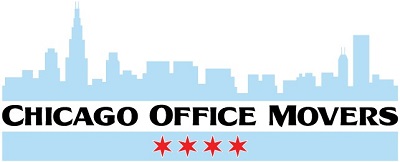


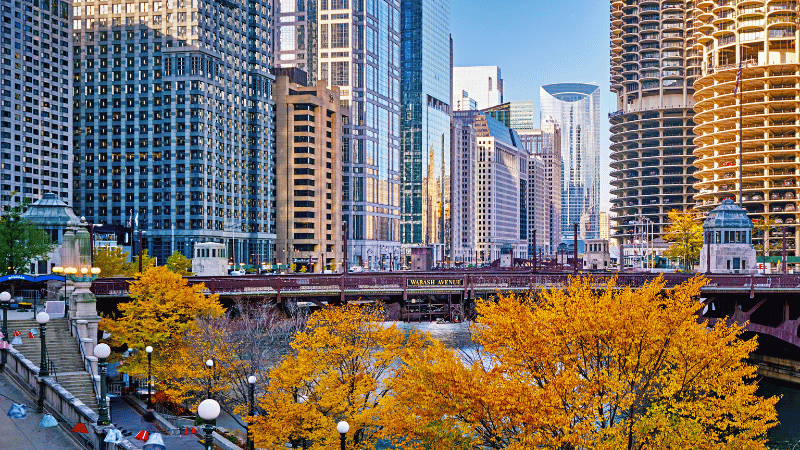





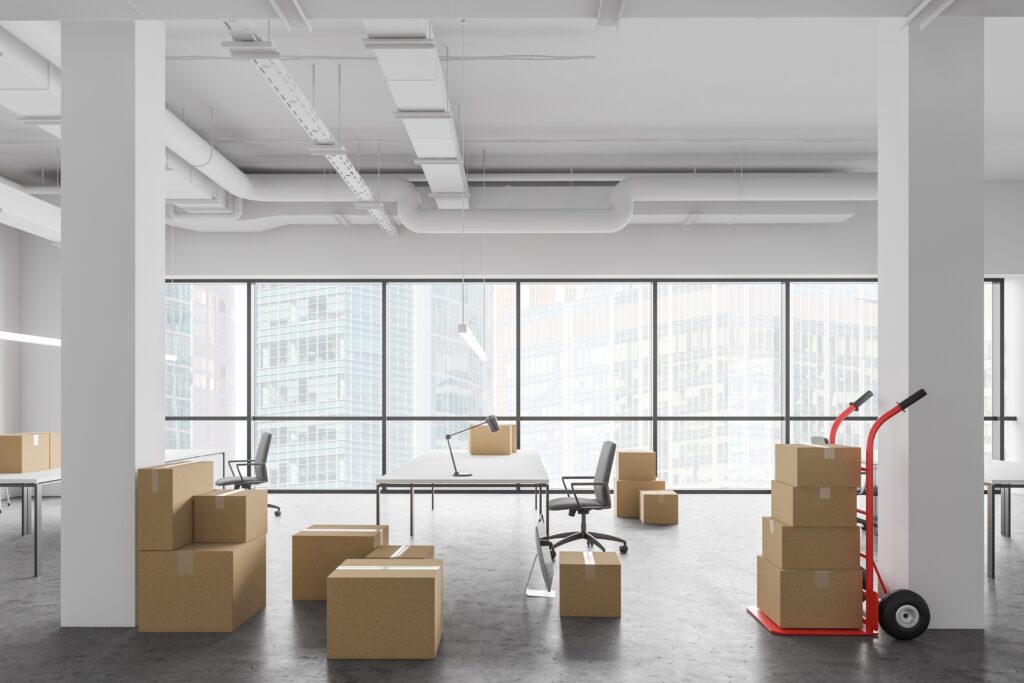
 Contact Us
Contact Us


